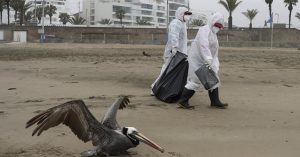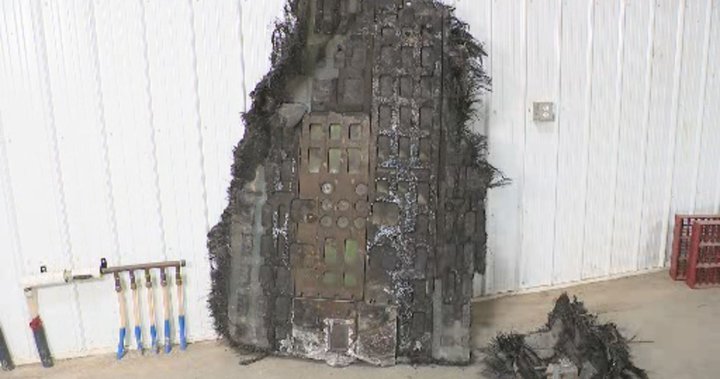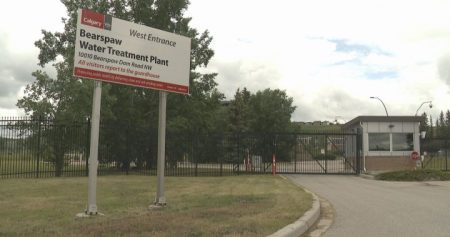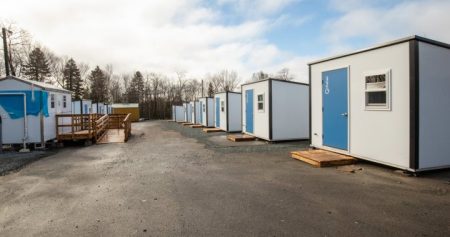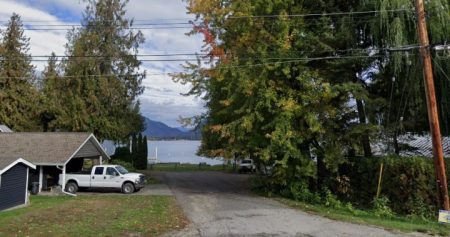In recent years, there have been multiple instances of space debris falling to Earth, including a piece of debris from a SpaceX spacecraft landing in a Saskatchewan farmer’s field. Barry Sawchuk, the farmer who found the debris, was unfazed by the discovery, simply stating “it is what it is.” The object appeared to be a burned-up piece of carbon fiber with aluminum honeycombed in between and included a hydraulic cylinder. Samantha Lawler, an associate professor of astronomy at the University of Regina, identified the object as space junk and reached out to Harvard astrophysicist Jonathan McDowell, who determined it was likely linked to a SpaceX Dragon spacecraft that had returned to Earth in February.
The increasing number of active satellites in orbit due to the private sector’s involvement in the space race is a cause for concern for Lawler. She worries about what else could potentially fall to Earth in the future, posing risks to people on the ground. While the chance of space debris hitting someone on the ground is relatively low, Lawler emphasizes the importance of considering the potential consequences if debris were to land in a densely populated area like Regina or Toronto. The rules governing liability for damage caused by space objects are outlined in the Outer Space Treaty, holding countries responsible for objects launched into orbit, whether by governmental or non-governmental entities.
According to Thomas Cheney, an expert in space law, any damage caused on Earth by a space object is subject to the full liability of the country responsible for it. In the case of the debris found in Sawchuk’s field, negotiations for compensation are currently underway between the farmer and the company responsible for the object. While the specific terms of the compensation package have not been disclosed, Cheney notes that the lack of public information can be advantageous in avoiding the establishment of a precedent for future cases. As the number of objects being launched into space continues to increase, both Lawler and Cheney stress the importance of updating regulations surrounding outer space activities.
Cheney and Lawler agree that there is room for improvement in current regulations to ensure the safety of individuals on the ground in the event of space debris falling to Earth. Cheney suggests that pressure could be placed on international bodies to continue enhancing regulations in this area. Although the risk of a casualty from a re-entering rocket body must be minimal according to established standards, the potential impact of space debris on populated areas remains a concern. Lawler highlights the need for ongoing vigilance and adaptation of regulations to safeguard against potential hazards posed by falling space debris, particularly in light of the increasing activity in outer space.
